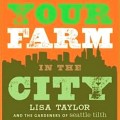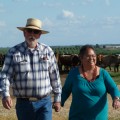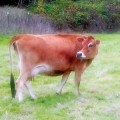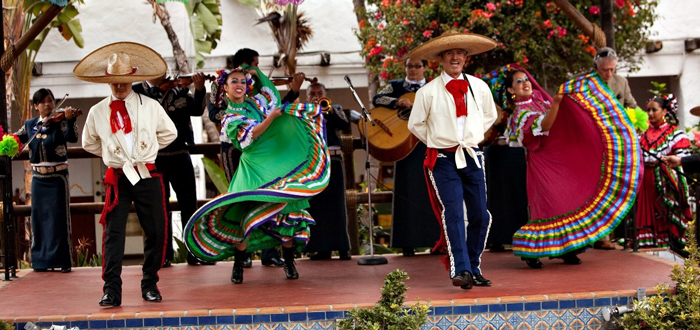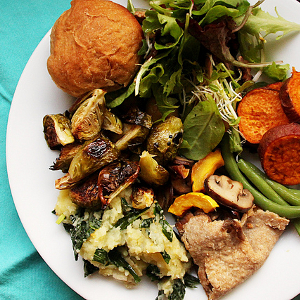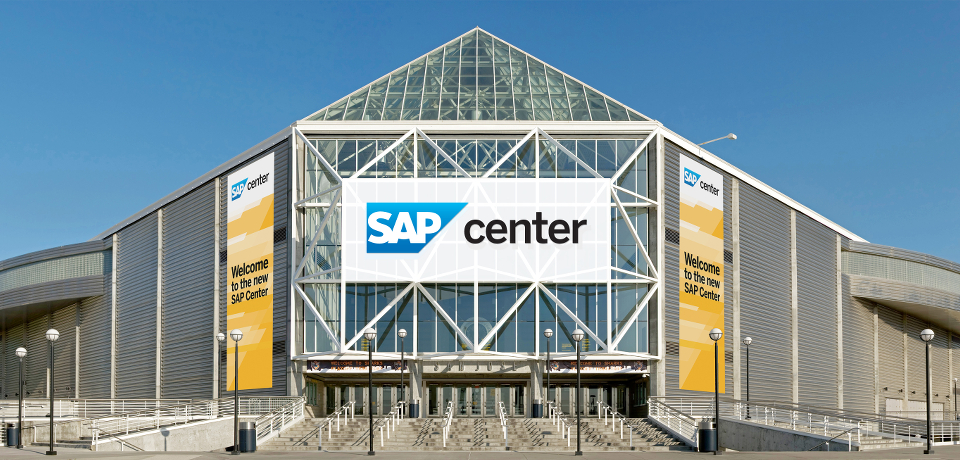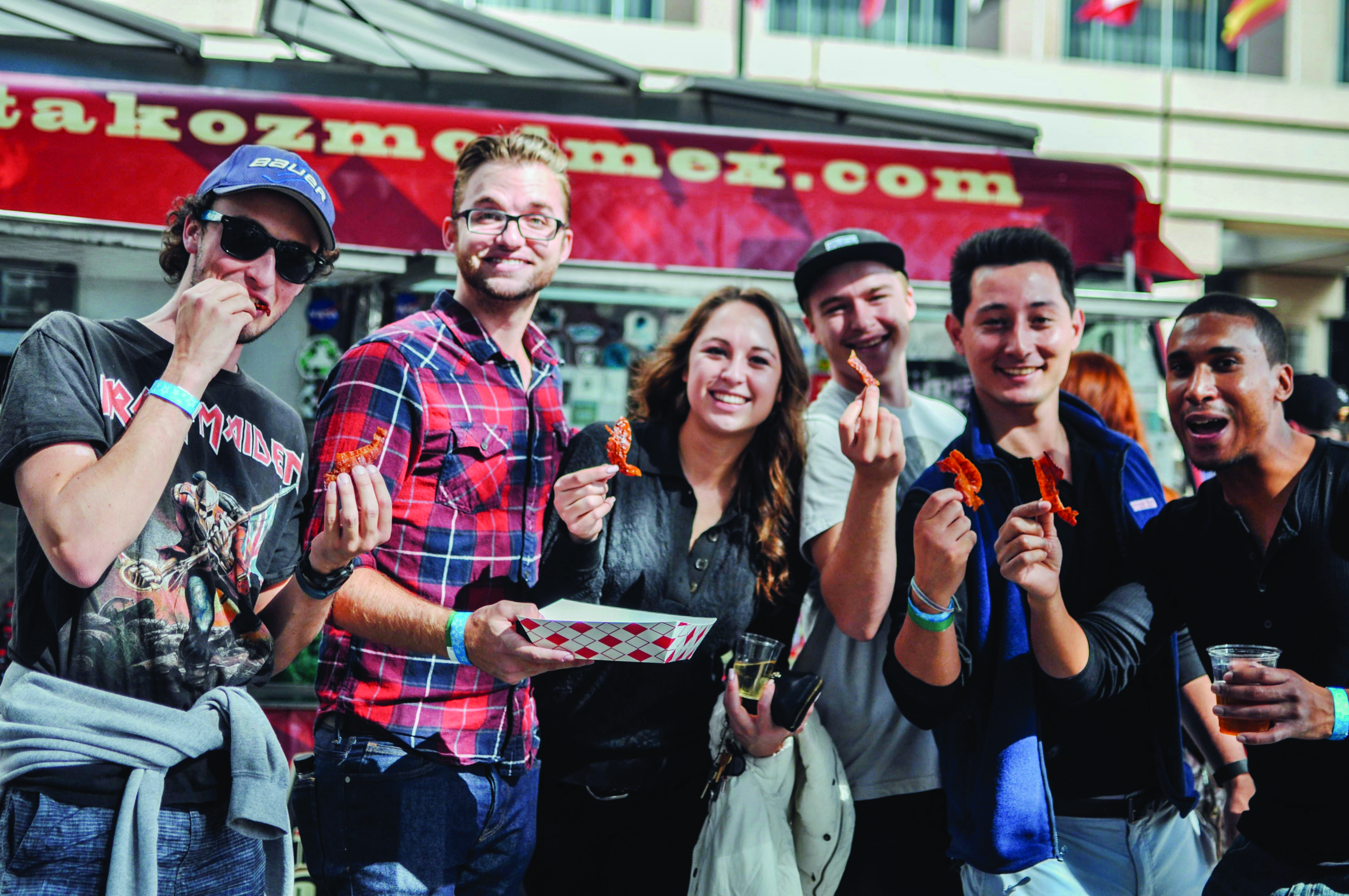Live Power Community Farm in Covelo lives up to its name. Stephen Decater works the 40-acre farm with the help of two beautiful Belgian draft horses. Manure and the sun provide the rest of the fuel he needs.
To ready a field for planting, he hooks up a gleaming plow and cuts neat furrows through the earth. The blade of the plow barely makes a sound as it cuts a clean, 18-inch furrow into the beautiful black, loamy soil. The number of people with these skills probably is in the low hundreds.
Watching Decater glide the plow over the field, it would be easy to write off his animal-and-solar-powered farm as archaic, silly even. Isn’t that going backward? Decater does use a few tractors to bale hay and perform a few other tasks, but most work is performed by animals, i.e., live power. As for the competition part, he doesn’t compete at all. Long ago, Decater and his wife, Gloria, decided to opt out of the market economy and run Live Power as a community-supported farm. Community-supported agriculture (CSA) has become a fairly well-known term, but as California’s first CSA, Live Power takes the community part much more seriously than most. Stephen grows for a small community of supporters, about 200 families that do much more than buy his produce. They support him and his family, the animals on the farm and the cost of running the entire operation.
The farm’s website puts it this way: “In order to have healthy agriculture, we have to have a healthy economic process. The real cost of food is actually based on the cost of taking care of the needs of the farmer and the land on a long-term sustainable basis, which is often not indicated by the current market economic ‘bottom line.’”
“If you’re getting a good deal, but the farmer is out of business the next year or the earth is compromised, is that really sustainable?” Decater asks. His answer is clearly “no.” The website goes on, “The associative economic practices employed by community-based farming transform the economic process underlying agriculture from being directed by mechanistic “bottom line” self-interest economic forces to an economic process which is directed by the good of the community as a whole—oriented towards meeting the needs of the earth, the farmer, and the ‘eaters’, reflecting human values and long term stewardship.”
Amen to that. Is that communism? No. Capitalism? Certainly not. How about communitarianism? “This is a completely different paradigm,” he says to me over his kitchen table. “My contention is that we won’t have sustainable agriculture until we have a sustainable economic system.” Industrial agriculture and mindless consumer capitalism have brought us to the brink. Continuing to go forward with a broken system means walking right off the cliff. Live Power may look like a throwback with its draft horses, solar power and hand tools, but with a badly broken food system and a world of finite oil resources, Live Power offers a view into the future.
Check out www.livepower.org for more on associative economics.
Food editor Stett Holbrook is on the road, traveling in a 1965, 26-foot Airstream trailer with his family to research and promote Food Forward (foodforward.tv), a documentary series for public television about the people changing our food system.
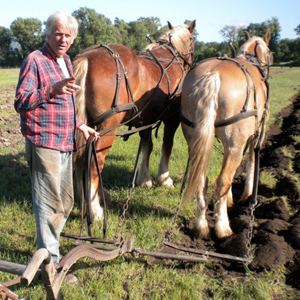
 Sandoval Suits Up for San Jose
Sandoval Suits Up for San Jose 
